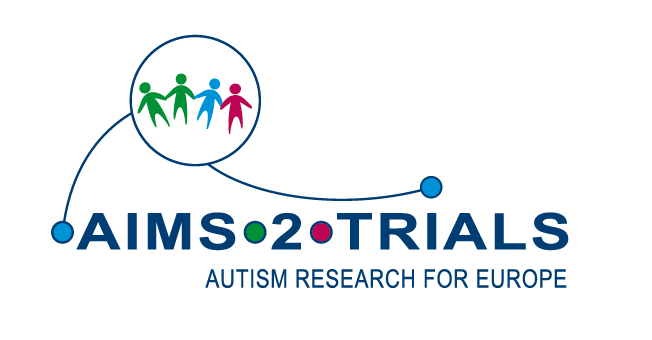University of Bristol
University of Bristol, Bristol, United KingdomGeneral Information
The MRC Integrative Epidemiology Unit at the University of Bristol (MRC IEU) integrates molecular, cellular, clinical and population data to optimise the identification of causal effects of potentially modifiable exposures/risk factors on disease or health-related outcomes. It adopts a multidisciplinary approach to address issues of major public health and clinical relevance to the UK and global health agenda, drawing upon expertise in disciplines such as chemistry, econometrics, artificial intelligence and computer science, who have not traditionally worked closely with epidemiologists.
The MRC IEU currently consists of 7 linked programmes, including one led by Deborah Lawlor on reproductive and cardio-metabolic health, that uses causal approaches to explore intrauterine exposures on offspring health and one led by Marcus Munafò that investigates the causes and consequences of a range of health behaviours.
We develop new analysis methods to improve understanding of how our family background, behaviours and genes work together. Using these to investigate how people develop and remain healthy or become ill. MRC IEU scientists conduct some of the most advanced population health science research. This helps improve our understanding of the biological mechanisms and environmental factors that can underlie and trigger common diseases, including cardiovascular disease, osteoporosis, mental ill-health and conditions linked to obesity, addiction and ageing.
Role in AIMS-2-TRIALS
We will provide statistical and methodological support to the South Africa Safe Passage study (PASS), which aims to validate markers of increased likelihood of developing autism; these include electroencephalography (EEG), which measures brain activity, and eye tracking. The markers were identified in a previous EU study and we aim to replicate these in the current study. We will also support efforts to understand mechanisms of increased likelihood of autism (i.e. causal factors), with a particular focus on how maternal health during pregnancy, and exposure to environmental risk factors (e.g., maternal infection, drug/alcohol), are associated with markers and symptoms of autism and how the influence of these risk factors changes across development.

Marcus Munafò
Professor

Deborah Lawlor
Professor








